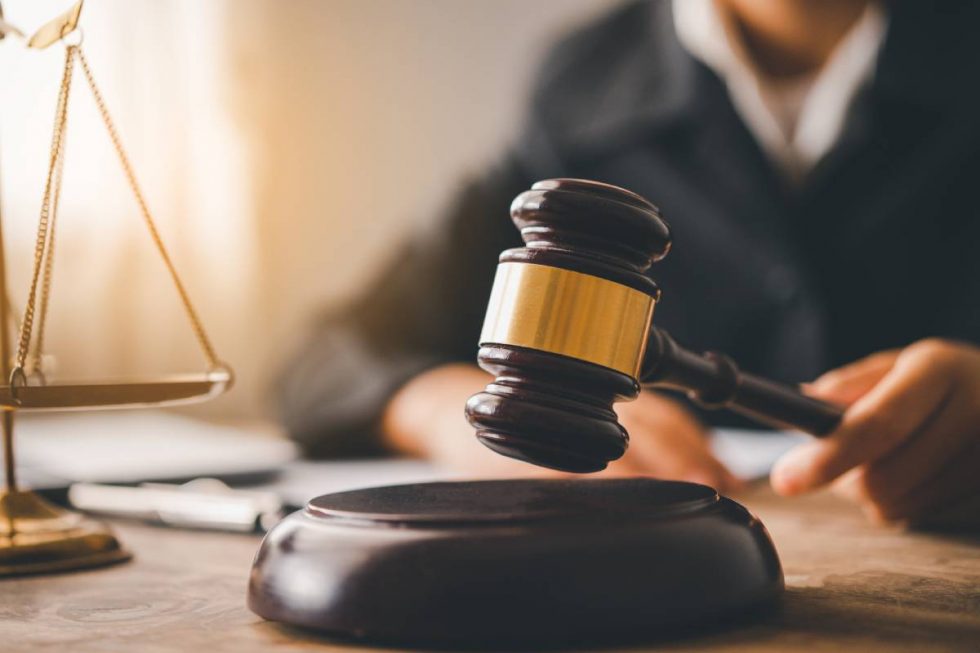June 21, 2023 The Supreme Court, by the panel of judges of the Third Judicial Chamber of the Criminal Court of Cassation in case No. 946/5793/21, rejected the cassation appeal of the defense attorney, who stated that the victim was improperly identified.
The police department received a statement from a person that an unidentified person stole a mobile phone, which caused material damage to the victim. The following day, information about this criminal offense was entered into the Unified Register of Pretrial Investigations.
The examiner made a decision to involve the applicant’s mother as a victim, and subsequently, the prosecutor appealed to the court with an indictment, in which she was named as the victim.
By the verdict of the city-district court, which was upheld by the appellate court, the defendant was found guilty of the criminal offense provided for in part 1 Art. 185 of the Criminal Code.
In the cassation appeal, the defense counsel referred to the fact that the applicant’s mother was recognized as the victim, although the victim is actually the applicant, not his mother, who was not harmed either financially or morally. According to the defense, the identification of an improper victim in this proceeding affected the rights of the accused.
The Supreme Court indicated that according to part 1 Art. 55 of the Criminal Procedure Code, a victim in a criminal proceeding may be a natural person who has suffered moral, physical, or property damage as a result of a criminal offense. The rights and obligations of the victim arise in the person from the moment of submission of the application for the commission of a criminal offense against him or the application for involving him in the proceedings as a victim (part 2 of the specified article of the Criminal Procedure Code).
Thus, in this criminal proceeding, a person acquired the status of a victim automatically from the moment of filing a statement about the commission of a criminal offense against him.
In the proceedings , there is no resolution of the prosecutor on refusal to recognize him as a victim , which, according to part 5th century 55 of the Criminal Procedure Code, it is accepted in the presence of obvious and sufficient grounds to believe that the application, notification of a criminal offense or application for involvement in the proceedings as a victim was submitted by a person who was not harmed, specified in Part 1 of this article.
However, the victim was questioned as a witness at the court hearing . During the interrogation, he confirmed the circumstances of the theft, while the defense was not deprived of the opportunity to ask him questions.
According to the results of the examination of the evidence, the court established and stated in the verdict that it was the victim who suffered material damage in connection with the theft of his phone.
In view of the above, the Supreme Court came to the conclusion that the interrogation of a person who acquired the status of a victim under the rules of witness interrogation is a violation of the requirements of the Criminal Procedure Code .
When resolving the issue of the materiality of such a violation, the Supreme Court proceeded from the consequences that the specified violation led to or could lead to, first of all, in relation to the observance of the rights of the participants in the criminal proceedings and in this connection noted that procedurally, the questioning of a witness differs from the questioning of a victim in that the witness , in accordance with part 1 Art. 67 and ch. 1 Art. 352 of the Code of Criminal Procedure, is warned of criminal liability for knowingly false testimony in court or for refusing to testify, while the victim, according to part 1 Art. 353 of the Criminal Procedure Code, only on criminal liability for knowingly false testimony.
The interrogation of the victim in court is conducted in compliance with the rules provided for in part. 2, 3, 5-14 st. 352 of the Criminal Procedure Code, which regulates the procedure for questioning a witness. During the trial, the victim did not mention the violation of his procedural rights.
Therefore, the questioning of a person who has acquired the status of a victim, according to the rules of questioning a witness, although it is a violation of the requirements of the Code of Criminal Procedure, it is not a significant violation of the requirements of criminal procedural legislation
Prepared by Leonid Lazebnyi




